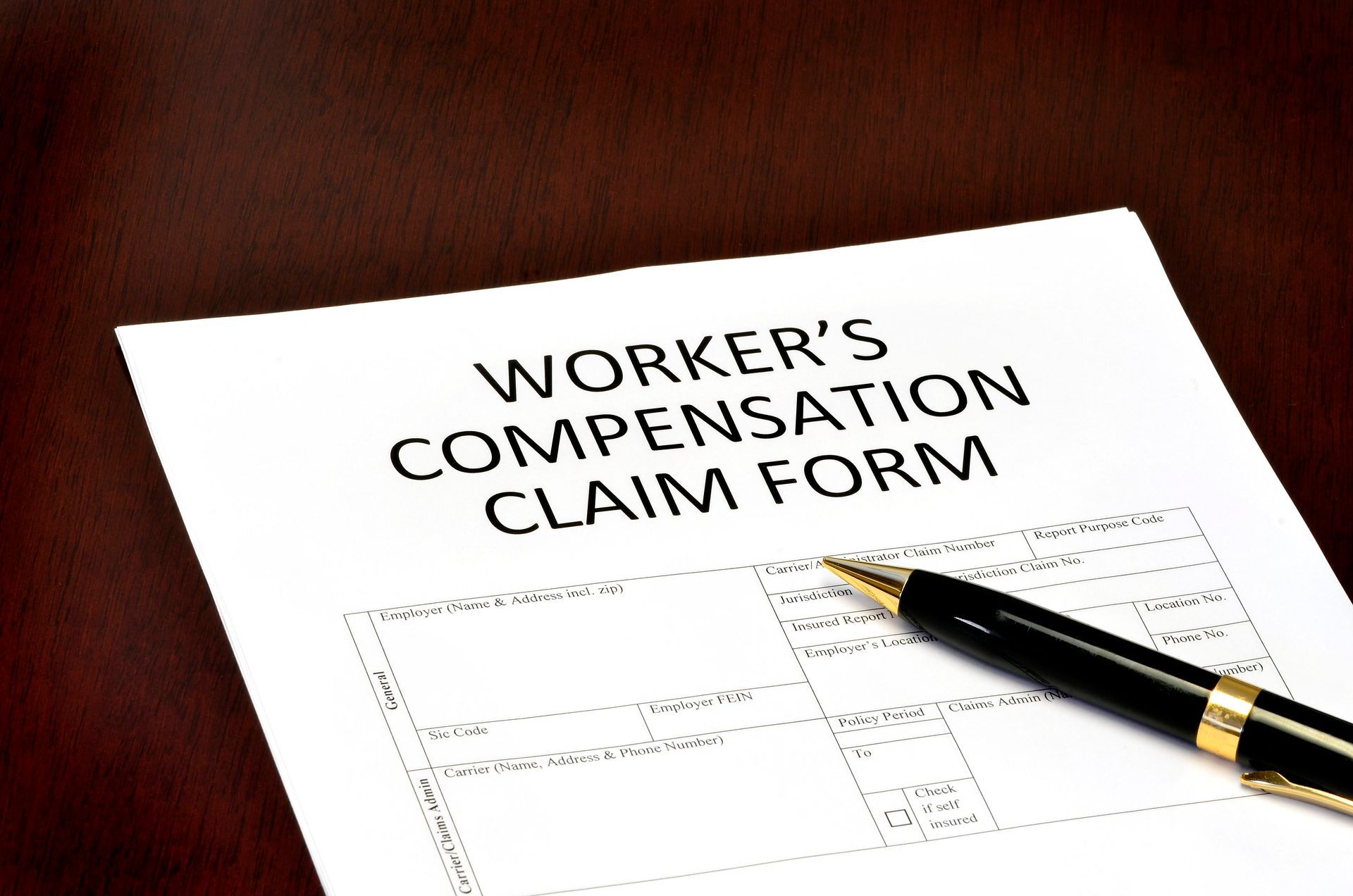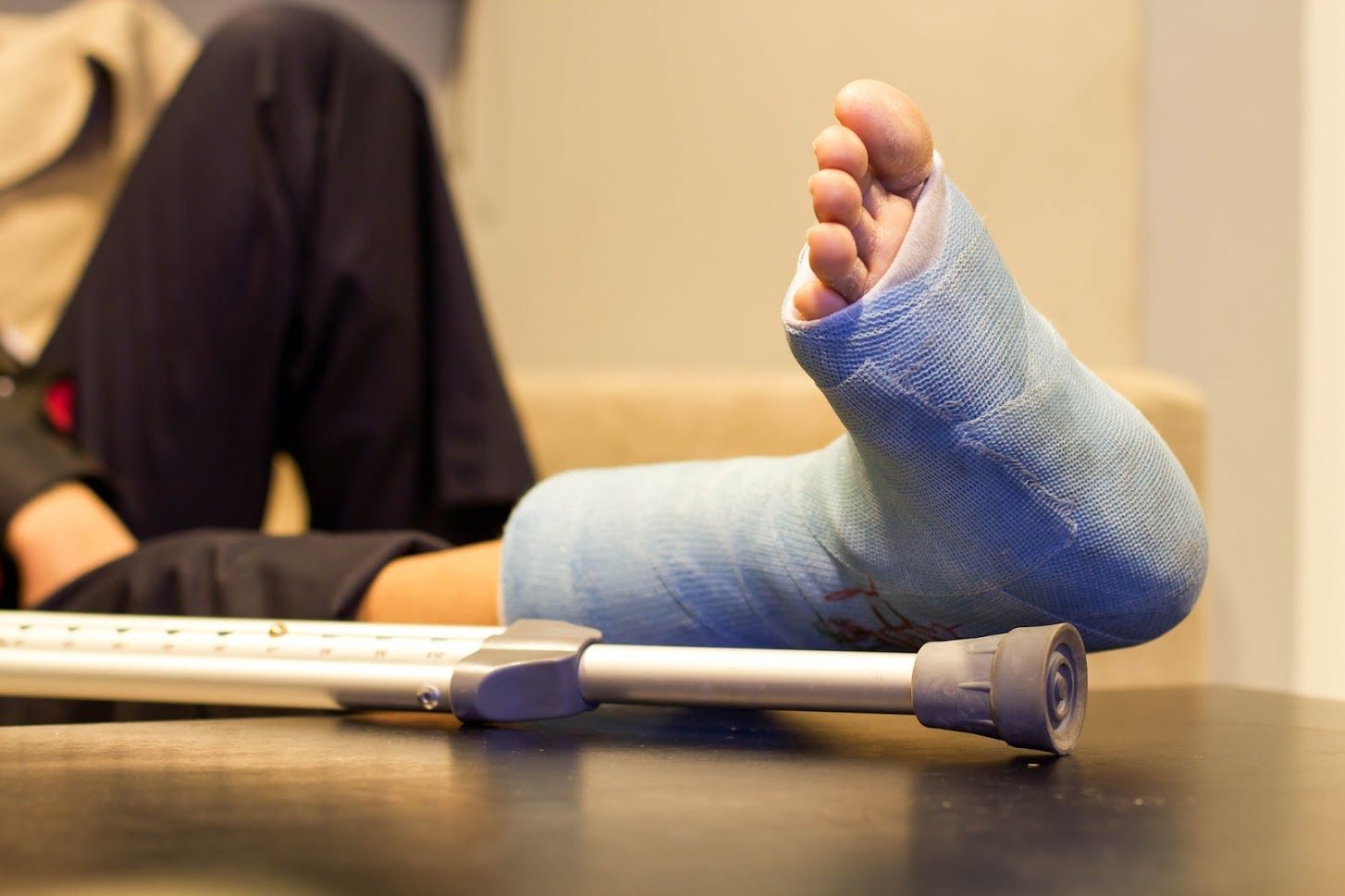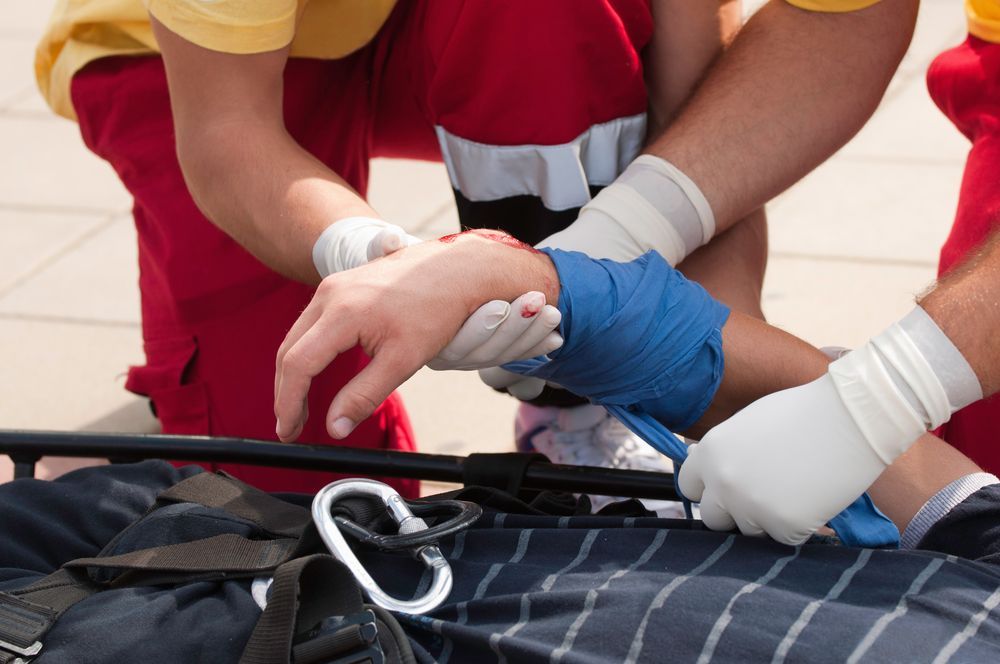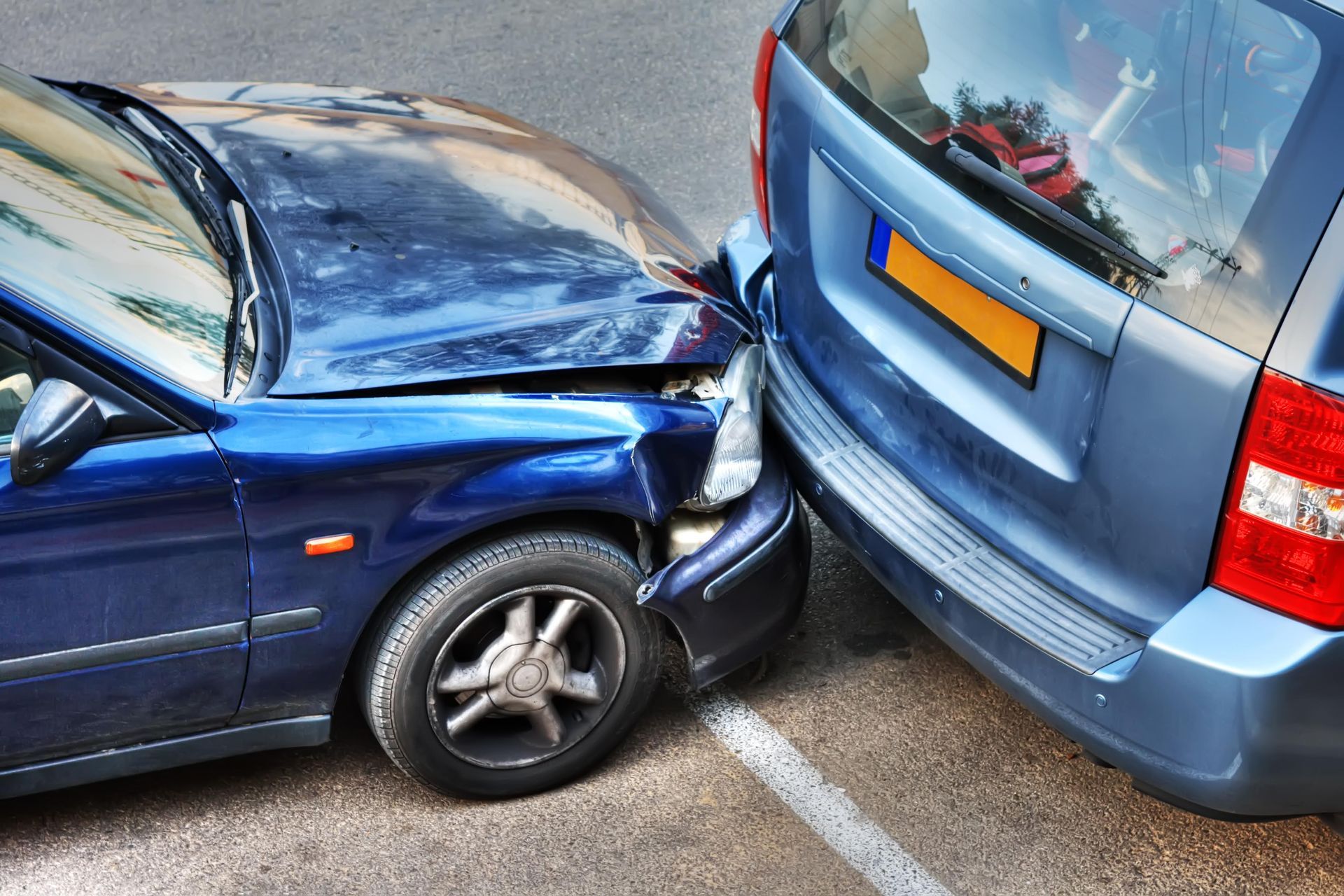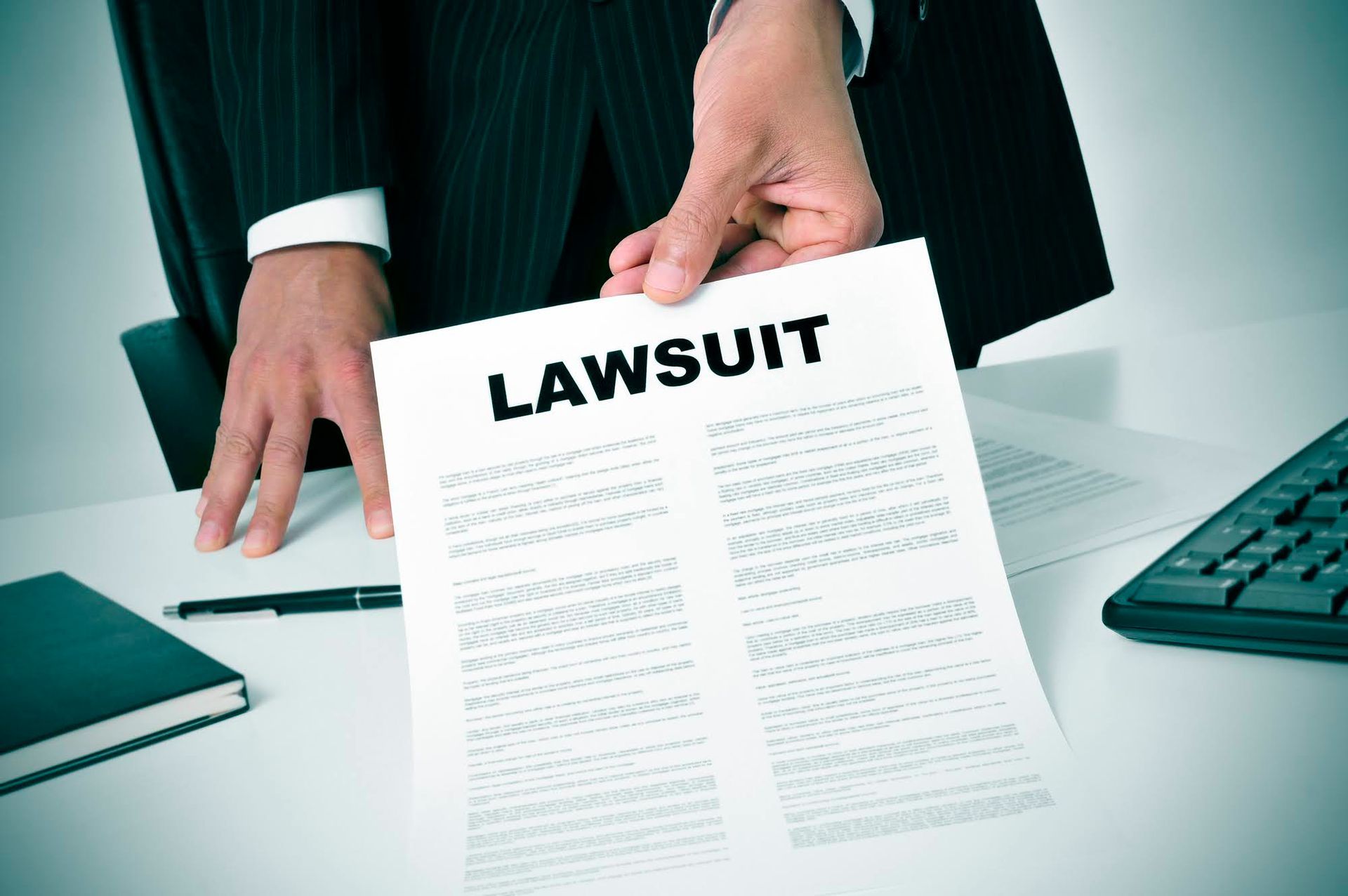Considering a Personal Injury Lawsuit? How It Works
- By Admin
- •
- 01 May, 2023

A personal injury lawsuit is sometimes the only way that an accident victim can get the compensation they need to recover fully. But most Americans haven't been through a civil trial before and have many questions about what it might entail for them. Do you feel this apprehension? If so, here's a short primer on the personal injury lawsuit process, what you can expect, and what decisions you'll make along the way.
1. Filing of a Complaint
A lawsuit in civil court begins when the plaintiff files a complaint with the court. This document officially lays out, in broad detail, what they allege the defendant did (or didn't) do and how it harmed the plaintiff. Each court has its own procedure for serving the defendant (often called the respondent) with the complaint. They will then have a period of time in which to respond.
2. Pre-Trial Motions and Discovery
The period between filing a complaint and actually going to trial is full of vital activity. As the plaintiff, you will be involved in what is known as discovery. In law, discovery is the mandatory exchange of information between the two parties so that everyone has access to evidence and testimony that they may need to prove their case. Discovery creates a level playing field.
Discovery generally falls into four categories. The first is requests for admission, which clarify what's at dispute by requesting the other party either admit or deny statements. The second is requests for production. You may each ask the other side to provide access to or produce relevant documents, pieces of evidence, and other information.
Third, both parties can send a list of questions that the other must generally answer under oath. Exceptions are made when there are legitimate objections to the question. And finally, you may get witness depositions, which are question-and-answer sessions done under oath with legal representation available.
3. Settlement Negotiations
This is a good time to talk about settlement negotiations. However, this is unlikely to be the first time that negotiations come up in your lawsuit process. Both parties can negotiate an out-of-court settlement at any time — starting before anyone involves the court and continuing up until the jury is deliberating.
The pre-trial period is a common time for serious negotiations to occur. This is because the expense and effort of a trial is finally real for both sides. In addition, discovery lets both parties gauge the strength of their case and that of the other. Some litigants also use mediation to help them reach an agreement before the trial actually starts.
4. The Civil Trial
If you haven't reached a settlement out of court, the civil trial begins. As the plaintiff, your legal team presents your case first. After all the desired evidence and testimonies have been presented, you will rest your case and the defendant begins theirs. Afterward, the plaintiff generally has a chance to rebut new elements that came up during the trial. This rebuttal is strictly focused on new issues, not rehashing your original case.
Some personal injury trials include a counterclaim. Counterclaims occur when the defendant files their own related complaint, accusing the plaintiff of being liable for some or all of the matters in dispute. The counterclaim is litigated during the main trial, which may add some additional steps for both sides but won't add an entirely new trial.
5. Jury Verdict
Personal injury cases are generally decided by a jury of strangers. The amount of jurors depends on the rules of the jurisdiction in which the case is heard. The jurors may or may not need to be in unanimous agreement. When both parties have presented their cases, the jury will retire to begin deliberations. A verdict may come very quickly — within hours at times — or it may take a while.
6. Appeals
Finally, you and the defendant have the right to appeal. Contrary to the impression that many Americans have about appeals, they do not involve retrying the case or judging whether or not the jury made the right call. An appeal is made on matters of law. Each side may appeal any errors made by the judge in charge, violations of the right to a fair trial, or misconduct by any party.
An appeal may involve a new trial on rare occasions. The issues raised must not be something that can be resolved with another solution.
Have more questions about how your personal injury trial may look? Get answers by meeting with David Helfand PA. For more than 30 years, we have assisted your Florida friends and neighbors with all their personal injury legal needs. Call today to make an appointment or just learn more about the process. We'll help you make an informed decision about the best way to get what you need to start moving forward.
CONTACT US
We will get back to you as soon as possible
Please try again later
CONTACT US
We will get back to you as soon as possible
Please try again later
Notable Cases Handled by
The Law Offices Of David. A Helfand, P.A.
Medical Malpractice - necessary surgery done in negligent manner resulting in lacerated intestine. $800,000.00 – settlement against Surgeon and Hospital.
Medical Malpractice - Misdiagnosed cardiac condition due to negligent study and reporting of diagnostic cardiac test resulting in death of 50-year-old woman - $3,000,000.00 settlement against Hospital and Cardiac radiologist
Medical Malpractice – Administration of medication and failure to recognize side effects causing brain injury – $2.3 million settlement against Hospital and Attending Physician.
Truck Accident – Truck made illegal U-turn at night without proper safety equipment to warn motorists resulting in collision, causing brain injury to oncoming motorist - $2,350,000.00
Uninsured Motorist Claim / Auto Accident – underinsured vehicle rear ended plaintiff, back and shoulder injuries, requiring surgery - $558,000.00 settlement against uninsured motorist insurance company.
Supermarket Slip and Fall – Plaintiff slipped on dropped fruit on floor, causing plaintiff to slip and fall resulting in shoulder and back surgery - $450,000.00
Supermarket Slip and Fall on Water – captured on store security system- knee injury -$125,000.00 settlement against supermarket
Near Drowning – At Hotel pool that failed to have property safety lines in pool and no lifeguard - $340,000.00 settlement with hotel
Workers Compensation Case
– Worker fell off roof while working, sustaining catastrophic back injuries – all employers denied compensability - $2,000,000.00 Global Settlement
Workers’ Compensation Case - Dock Worker injured at work when delivery truck was not properly braked to the dock. Workers compensation settlement and settlement against truck company - confidential settlements
Negligence – Negligent supervision at school resulting in injured eye to student due to lack of supervision, Confidential settlement.
Premise Liability – household guest burned by fire when homeowner spilled hot oil on guest while cooking- $300,000.00 settlement with Homeowner’s Insurance Company.
Slip and Fall – on wet floor in restaurant bathroom resulting in fractured ankle- $325,000.00 Jury Verdict.
Office Hours:
- Mon - Fri
- -
- Sat - Sun
- Closed
Office Hours:
- Mon - Fri
- -
- Sat - Sun
- Closed

